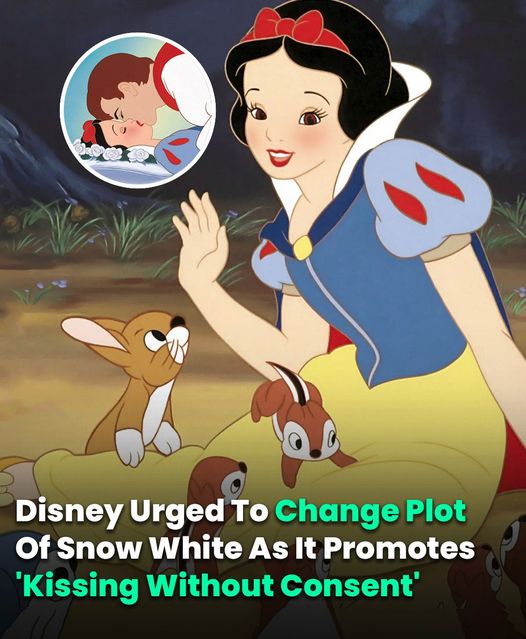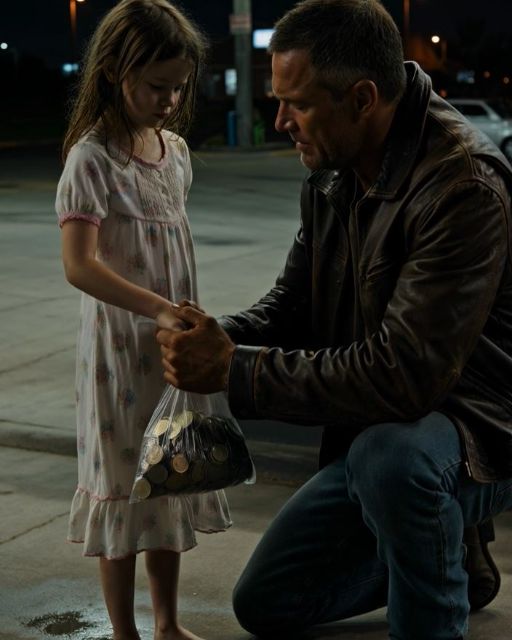Disney Encouraged To Change Plot Of Snow White As It Promotes ‘Kissing Without Consent’
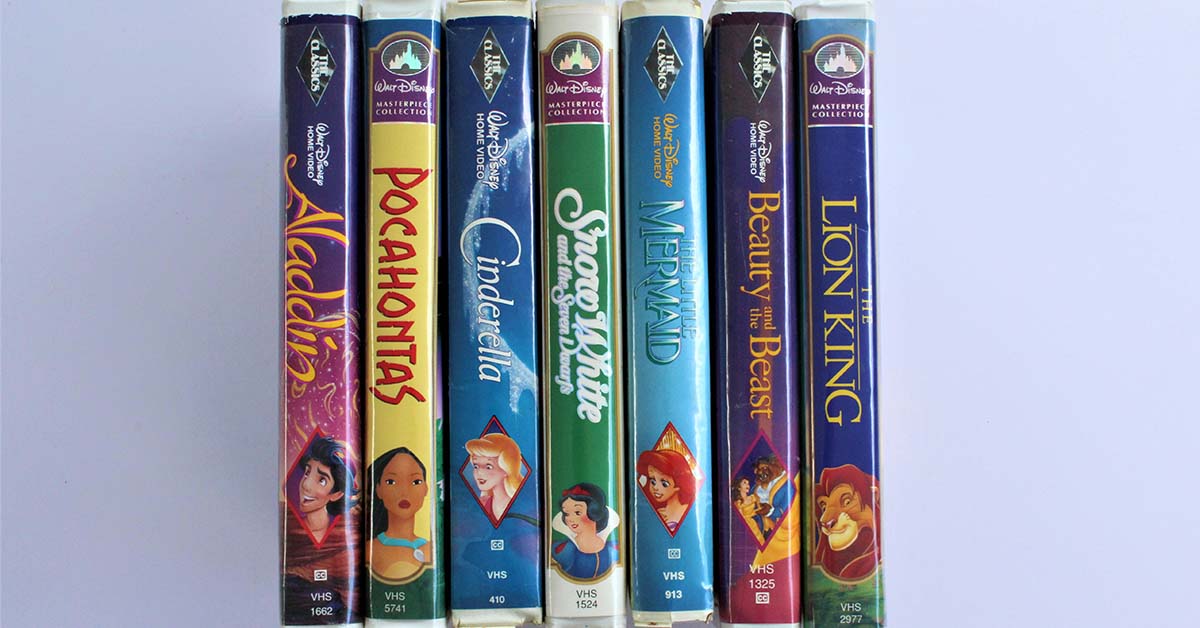
Snow White and the Seven Dwarfs, released in 1937, holds the distinction of being Disney’s first full-length animated film. This cinematic milestone has since become a beloved childhood classic for many generations.
Origins and Timeless Appeal
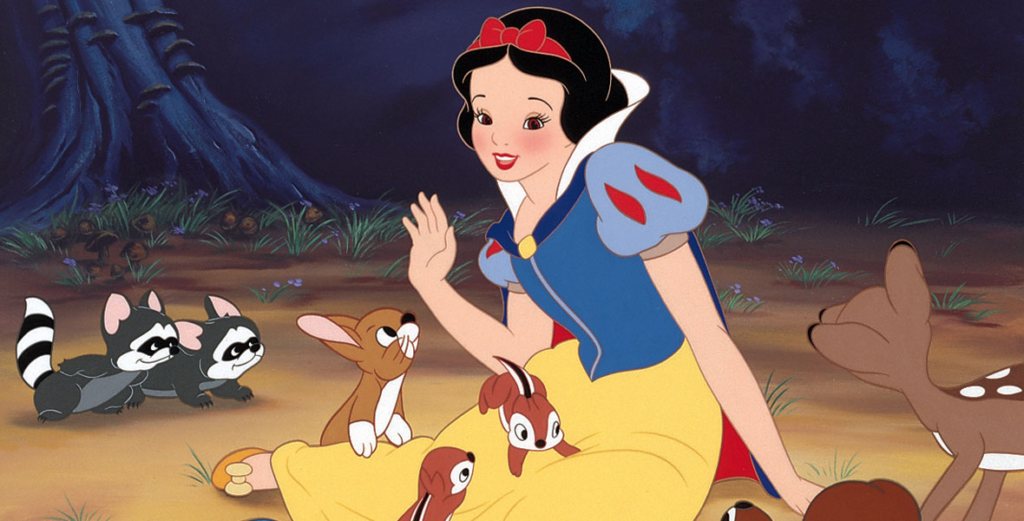
Based on the German fairytale by the Brothers Grimm, the film tells the story of a princess who, after being exiled by her evil stepmother, finds solace and friendship with seven dwarfs. Despite its age, the film has been recognized as “culturally, historically, or aesthetically significant” by the United States Library of Congress. As noted by the Los Angeles Times. However, some modern-day viewers are calling for updates to align the film with contemporary values and sensibilities.
Calls for Modernization
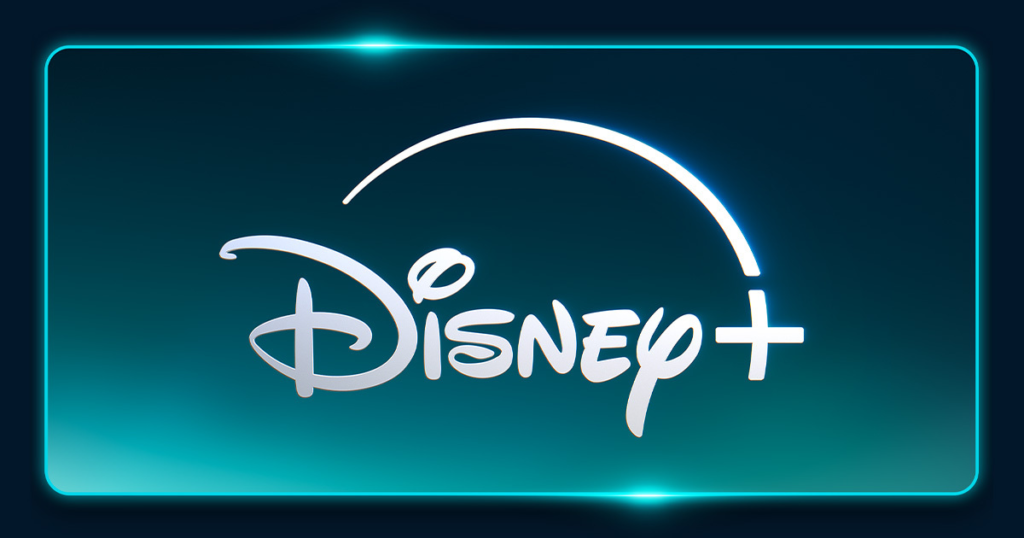
Several Disney classics, once purely sources of joy, are now viewed through a more critical lens. One social media user remarked, “As a kid, I never knew how dark and sinister some scenes were.” Another echoed this sentiment, tweeting, “You ever go back and watch some of the Disney animated movies that came out when we were kids and realized how dark and not really for kids they were?”
The Controversial Kiss
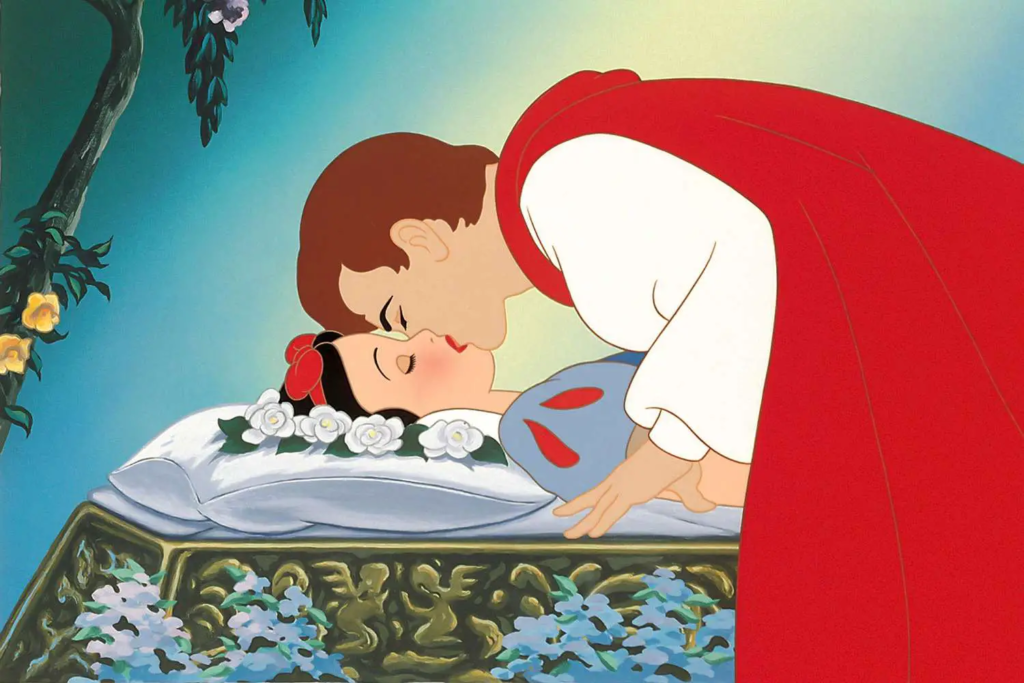
A specific scene in Snow White has become a focal point of debate. In the movie’s climactic moment, the prince kisses Snow White, seemingly lifeless, out of heartbreak. This scene, some argue, is outdated and problematic. Journalist and broadcaster Nichi Hodgson, appearing on the U.K. daytime TV show Good Morning Britain, criticized the sequence for sending a confusing message about consent. She pointed out that Disney added this kiss scene, which was not part of the original Brothers Grimm story.
“Disney has a moral duty. They can be an ethical business if they want to be. They make billions every year from their films. Children watch their films from a very young age, and they are some of the first stories they imbibe.” Hodgson stated.
Celebrity Opinions
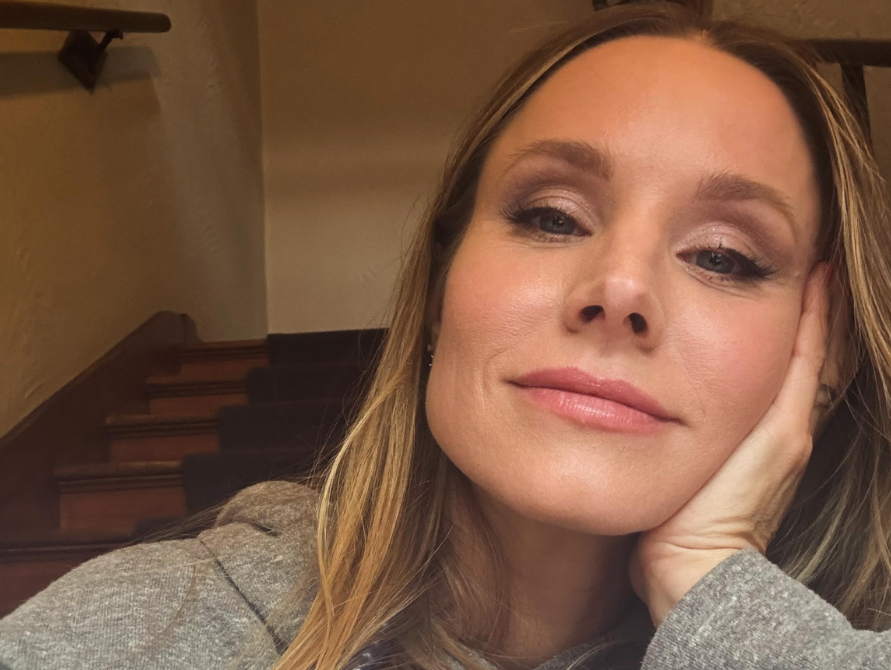
The debate has even drawn comments from celebrities. Actress Kristen Bell discussed the kissing scene with her children, expressing her discomfort. In an interview with Parents magazine, she said, “Don’t you think that it’s weird that the prince kisses Snow White without her permission? Because you cannot kiss someone if they’re sleeping!”
Public Reaction
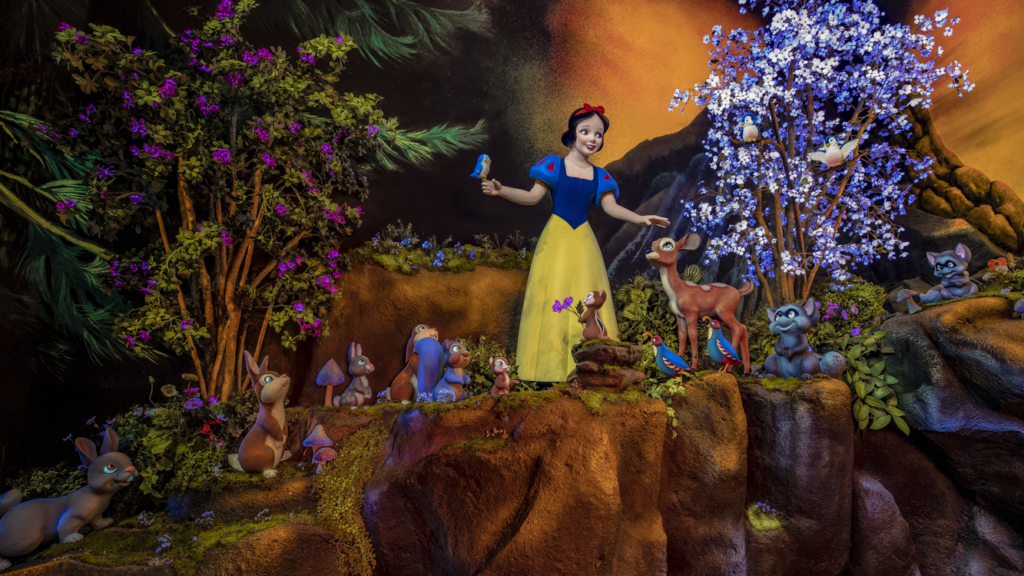
Public opinion remains divided. Some believe the original story should remain unchanged. One person commented, “I think it’s great we’re opening up the conversation about consent, but people blaming Disney – a romantic kiss at the end of a movie isn’t the reason teenagers become confused about consent.” Another added, “It’s a fairytale, leave Disney alone.” A different perspective suggested, “I’d argue that Snow White would readily give her consent to be kissed since not kissing her would condemn her to eternal sleep,” while another simply noted, “Why not look at it as the kiss of life?”
Disneyland’s Ride Makeover
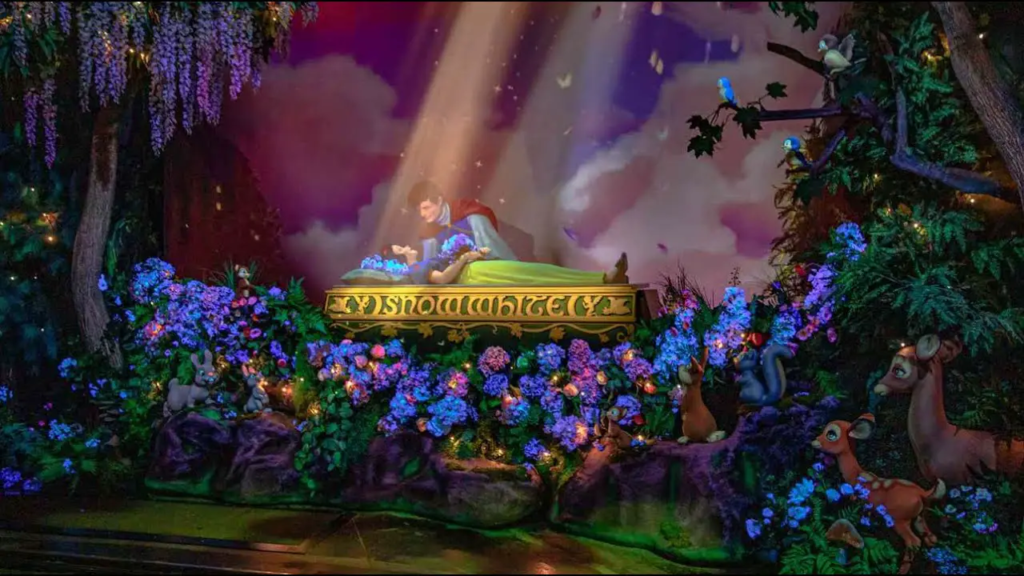
The discussion was reignited when Disneyland in California revamped the Snow White Enchanted Wish ride, now concluding with the prince’s kiss. Reviewers Julie Tremaine and Katie Dowd, writing for SFGate, criticized the addition, stating it exacerbates the “movie’s biggest problem.”
“Haven’t we already agreed that consent in early Disney movies is a major issue?” the review questioned. “That teaching kids that kissing, when it hasn’t been established if both parties are willing to engage, is not okay?”
Looking Ahead: The Snow White Remake
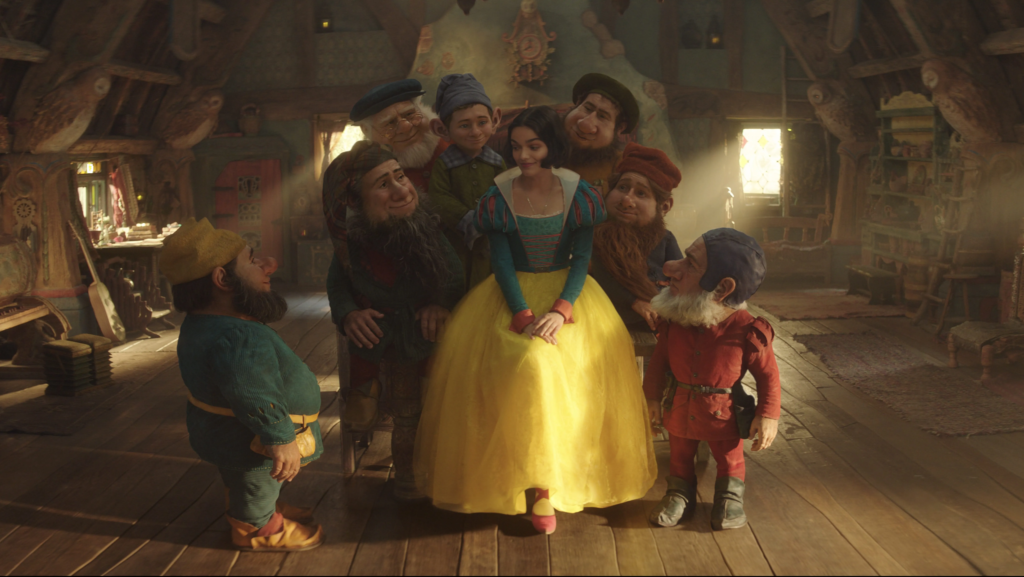
While the original movie’s iconic kiss scene remains untouched, the upcoming Snow White remake, scheduled for a 2025 release, promises a new direction. Rachel Zegler, who will play the lead role, shared her views on the original film during an interview with Extra TV. She described Snow White’s relationship with the prince as “weird” and hinted that the remake would not emphasize their romance. Zegler even joked about the possibility of cutting the prince’s scenes, quipping, “It’s Hollywood, baby.”
As Disney continues to evolve, balancing nostalgia with contemporary values remains a challenging yet crucial task. H/t IGV.
